Two million Mozambicans are facing food insecurity - government
Mozambique: Over 113,000 Cabo Delgado families displaced by rebels need support – Watch
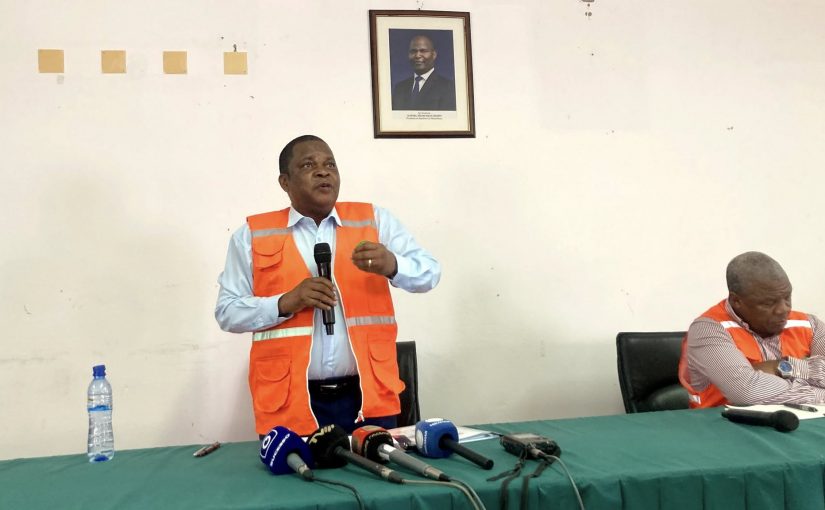
Photo: Conselho Executivo de Cabo Delgado
More than 113,000 families need support from the Mozambican authorities in Cabo Delgado province, displaced due to terrorist attacks, according to estimates presented on Monday by the Institute for Disaster Risk Management and Reduction (INGD) in Pemba.
“We are talking about 113,666 families who will need our support, in conjunction with our contingency plan [for the rainy season],” said Marques Tamadune Naba, INGD delegate in Cabo Delgado, during yesterday’s meeting of the province’s Emergency Operations Committee, estimating the need for support for six months.
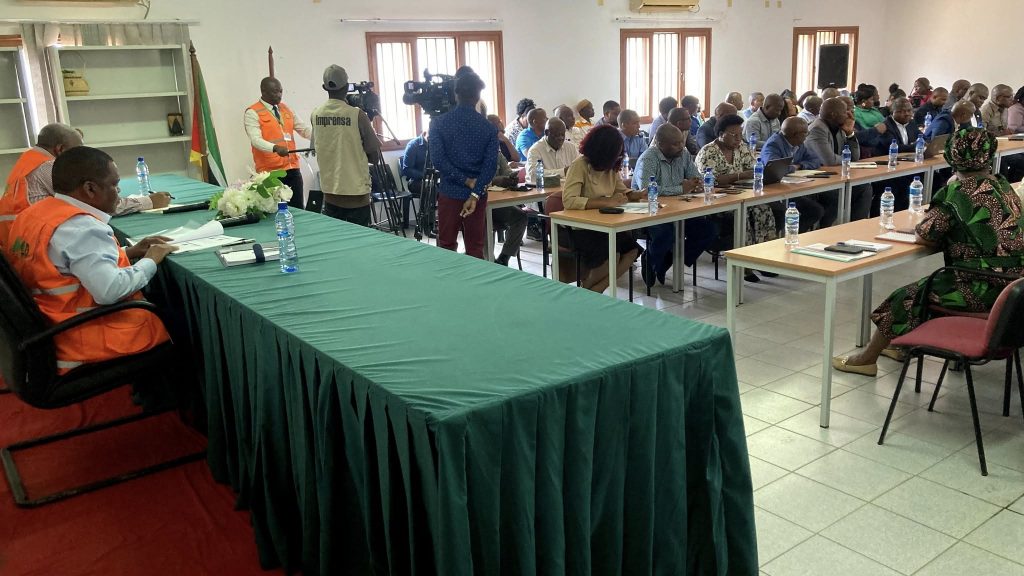
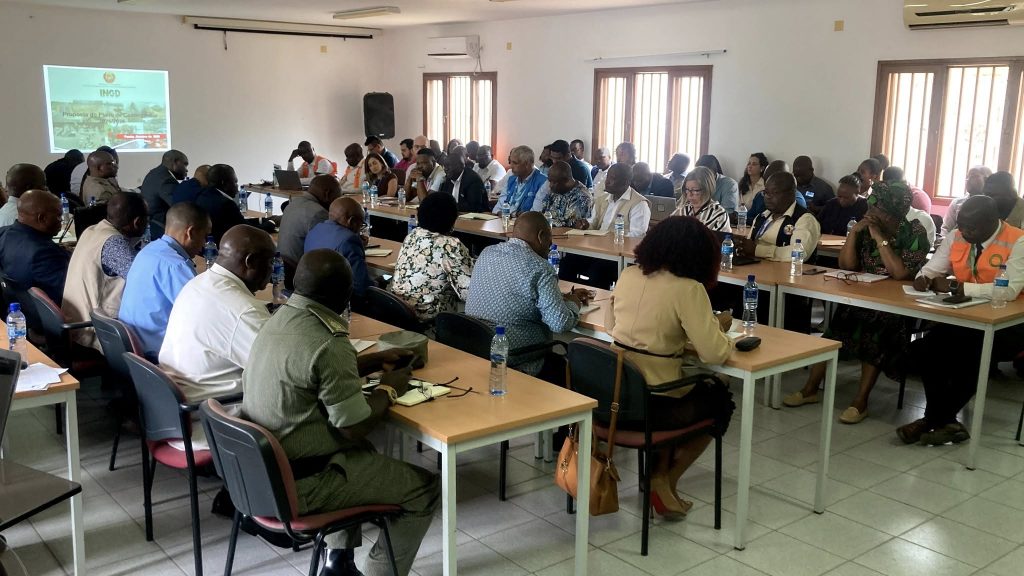
He added that these displaced families will be assisted alongside the victims of the rainy season, which began this month and runs until April, emphasising that food is the priority in terms of assistance needs.
The President of Mozambique, Daniel Chapo, yesterday described the terrorist attacks in Cabo Delgado, in the northern province of the country, as “barbaric acts” and against “human dignity”.
“We are particularly concerned about the barbaric acts of terrorists in Cabo Delgado against our defenceless brothers and sisters, which constitute an attack on the sovereignty of the country, the freedom of the Mozambican people and human dignity,” said Daniel Chapo, speaking in Maputo at the eighth National Religious Conference.
“Mozambique is part of this list of exceptions where all religions come together, as we are today (…), to discuss the challenges facing religions, but also the challenges facing the country,” acknowledged Chapo, addressing the leaders of the country’s different religious denominations and asking that the Council of Religions serve as “a platform for promoting ethical and moral values, as well as peace, harmonious coexistence and social communion among Mozambican brothers.”
The gas-rich province of Cabo Delgado in northern Mozambique has been the target of terrorist attacks for eight years, with the first attack recorded on 5 October 2017 in the region of Mocímboa da Praia.
This year, attacks attributed by the authorities to these terrorist groups have been recorded in the neighbouring provinces of Niassa, in April and May, and Nampula, last week, with 45 houses set on fire.
The Armed Conflict Location and Event Data Project (ACLED) counts 6,257 deaths after eight years of terrorist attacks in Cabo Delgado, warning of the current instability with the resurgence of violence.
READ: Mozambique: ACLED estimates 8-year Cabo Delgado death toll at 6,257
“The situation is very unstable. In September, the Islamic State of Mozambique (ISM) was active in eleven regions of Cabo Delgado and also crossed into Nampula at the end of the month,” Peter Bofin, an ACLED researcher, told Lusa about the eight years of armed insurgency in the region.
According to Peter Bofin, a senior researcher at this organisation that collects and analyses data on violent conflicts and protests around the world, since October 2017, at least “2,209 violent events” have been recorded in Cabo Delgado, with “6,257 reported deaths”, including at least 2,631 civilians.
United Nations agencies reported that nearly 22,000 people fled three regions of Cabo Delgado, including Mocímboa da Praia, between 19 and 26 September due to the resurgence of attacks, which in eight years have already caused more than one million displaced persons, according to official estimates.
At the end of July, the attacks, including the destruction of dozens of Catholic churches, caused more than 57,000 people to be displaced in the south of Cabo Delgado province, who fled to the headquarters of the district of Chiúre.
READ: Mozambique: Insurgents getting bolder eight years after first attack – João Feijó





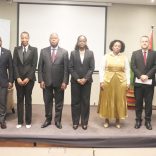
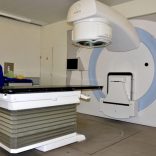





Leave a Reply
Be the First to Comment!
You must be logged in to post a comment.
You must be logged in to post a comment.